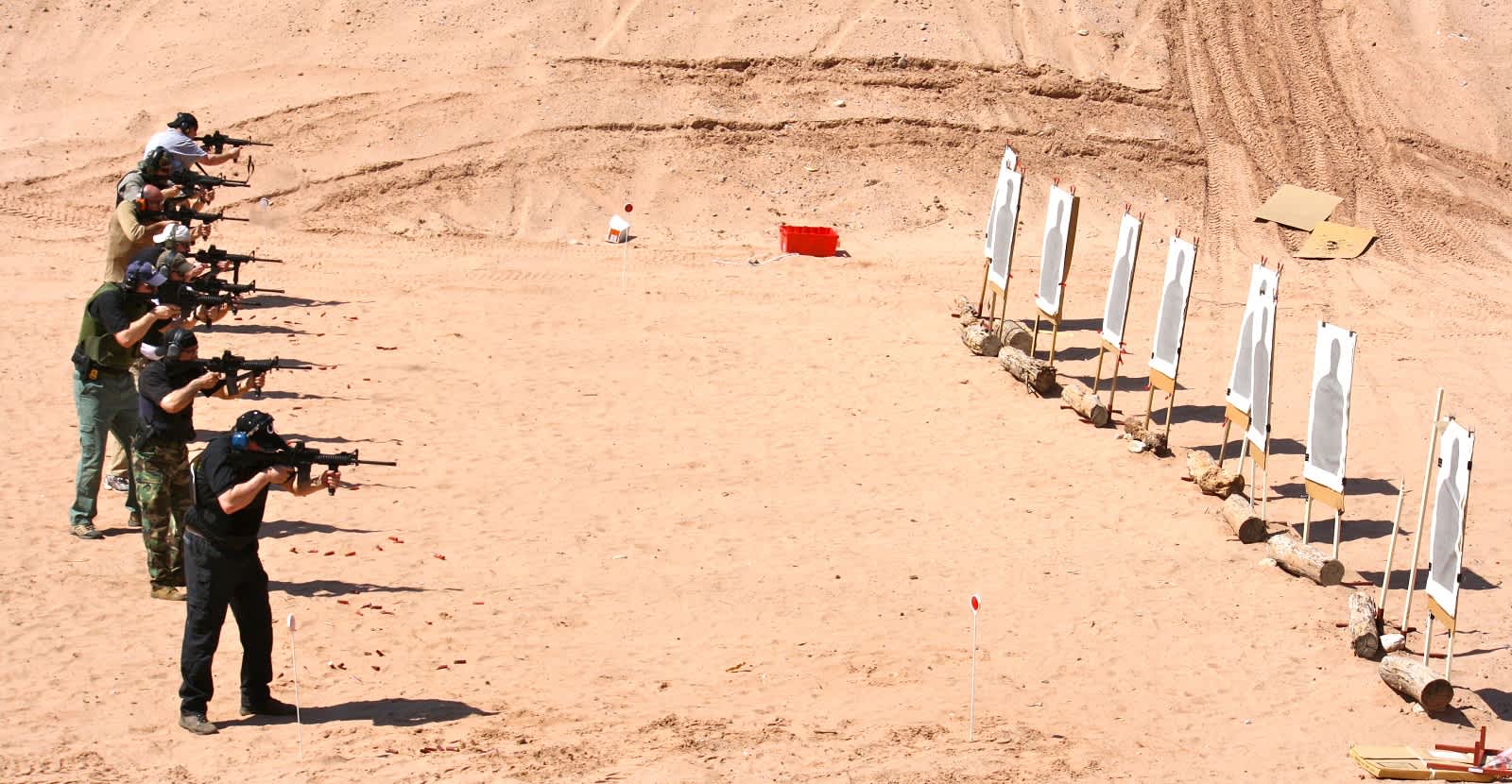The FBI of Wildlife and Fisheries: Federal Special Agent Game Wardens
James Swan 02.21.14

In 1991, I visited my family who lived on Grosse Ile, Michigan. My father ran a mineral water and souvenir business and he had to go on an errand. I ran the business for him for a couple hours.
It was a slow day. Finally, a car pulled up. A man got out and walked inside. He quietly walked around the room and finally came to a stack of my books that were on display.
He was dressed in a tan jacket and pants, with a shirt with an open collar. Medium height, medium build, dark brown hair. Nothing unusual.
He picked one up, leafed through it, and then looked at the back cover where there was a photo and a bio. He looked up and said “Is this you?”
I replied that it was.
He asked me a couple more questions about my background, not exactly an interrogation, but as if he was trying to see if I was who the book said I was.
I mentioned that I held a Master Bird Banding Permit.
He smiled and said “That’s who I work for.”

He did not come across as a biologist or an executive. I asked what his job was.
He smiled and said, “I’ll bet you haven’t got a clue what I do.”
Then he pulled back his jacket to reveal on his belt a badge, and then a pistol.
“I’m a federal game warden, a US Fish and Wildlife Service Special Agent. We’re like the FBI of game wardens. We work mostly undercover and can go anyplace to investigate anyone, including traveling abroad to negotiate treaties and work with Interpol. You probably didn’t know this, but the international illegal trade in wildlife is second only to narcotics. The reason you probably don’t know anything about what we do is there are only about as many of us as whooping cranes—about 250 for the entire United States.”
I told him more about myself, how that in addition to teaching ecology, I’d also been a consultant to a number of state natural resources agencies, where I’d met some state game wardens, but never anyone like him.
We had a great conversation for almost an hour. He gave me a crash course in how they protect endangered species, migratory birds, marine mammals, and rare animals and plants around the world, not only enforcing federal wildlife laws, but working to prevent smuggling, conspiracy, money laundering, and mail and wire fraud.
Then another car drove up. He wanted to buy a book. I gave him one. He said “Thanks,” and quietly left. I never got his name. That’s typical of Special Agents. They like to be invisible. They often work closely with other federal, state, tribal, or foreign law enforcement authorities, but they almost never wear any uniforms and they like to normally remain anonymous. They also can literally disappear in covert work for months. They also generally do not give interviews.
That conversation moved me to begin to research Special Agents, who they are, and what they do. I was surprised to discover that not only does the US Fish and Wildlife Service have such officers, but so do the Bureau of Land Management and the National Oceanographic Administration.
The US Forest Service also has law enforcement officers, but they wear uniforms. They enforce wildlife laws, but their focus is primarily criminal laws dealing with a particular national forest.
Special Agents spend 20 weeks of formal training in criminal investigations and wildlife law enforcement at the Federal Law Enforcement Training Center in Glynco, Georgia. When the new agents report to their first duty stations, they must complete a 44-week Field Training and Evaluation Program, working under the supervision of a senior officer to develop investigative skills and master wildlife laws. I’m amazed that acting is not part of their training. Those I have met are all good character actors.

In time, I’ve met a number of Special Agents, most all of them at sportsmen’s major conventions and expositions. They especially like these events that have an international focus as they can answer questions about import and export of wildlife, as well as doing some undercover investigations.
At the North American Wildlife Enforcement Officers Association annual convention in 2008, I told this story, and got to meet a number of Special Agents. After swapping stories, they gave me one of their patches as a “thank you.”
As I’ve gotten to know some of this rare breed of law enforcement officers and found their work incredibly fascinating, I came to realize that this is no doubt one reason why a number of books have been written about them. Those that I am aware of include: Bryan Christy’s The Lizard King, several books by Jessica Speart including Winged Obsession, Wildlife Wars by Terry Grosz, several novels by Ken Goddard (a USFWS forensic lab director) about the CSI aspects of wildlife law enforcement, and a novel by yours truly, LD-50.
During the filming of a documentary, Endangered Species: California Fish and Game Wardens, which can now can be seen on CarbonTV, two NOAA Special Agents joined a patrol by a Fish and Game boat that was checking on fishermen in San Francisco Bay. Later, the two “Fish Cops,” also joined a California Fish and Wildlife warden on an inspection of commercial fishermen and seafood marketing at Fisherman’s Wharf in San Francisco. In all cases, we had to agree to blur their faces when they appeared on camera.
There are only 7,000 game wardens, state and federal, for the entire country. That’s why their nickname is “The Thin Green Line.” We could easily use several times that many on all levels.

